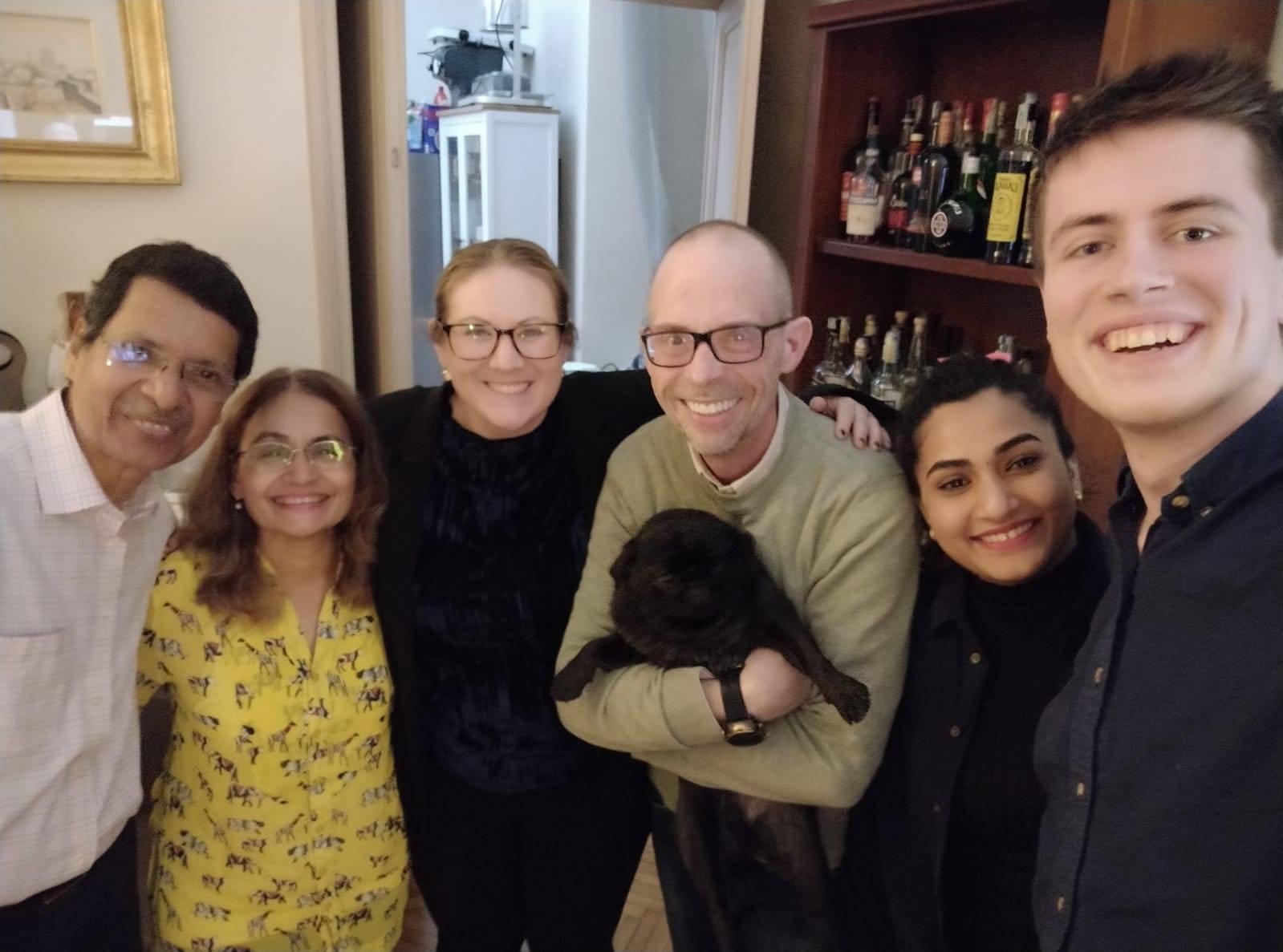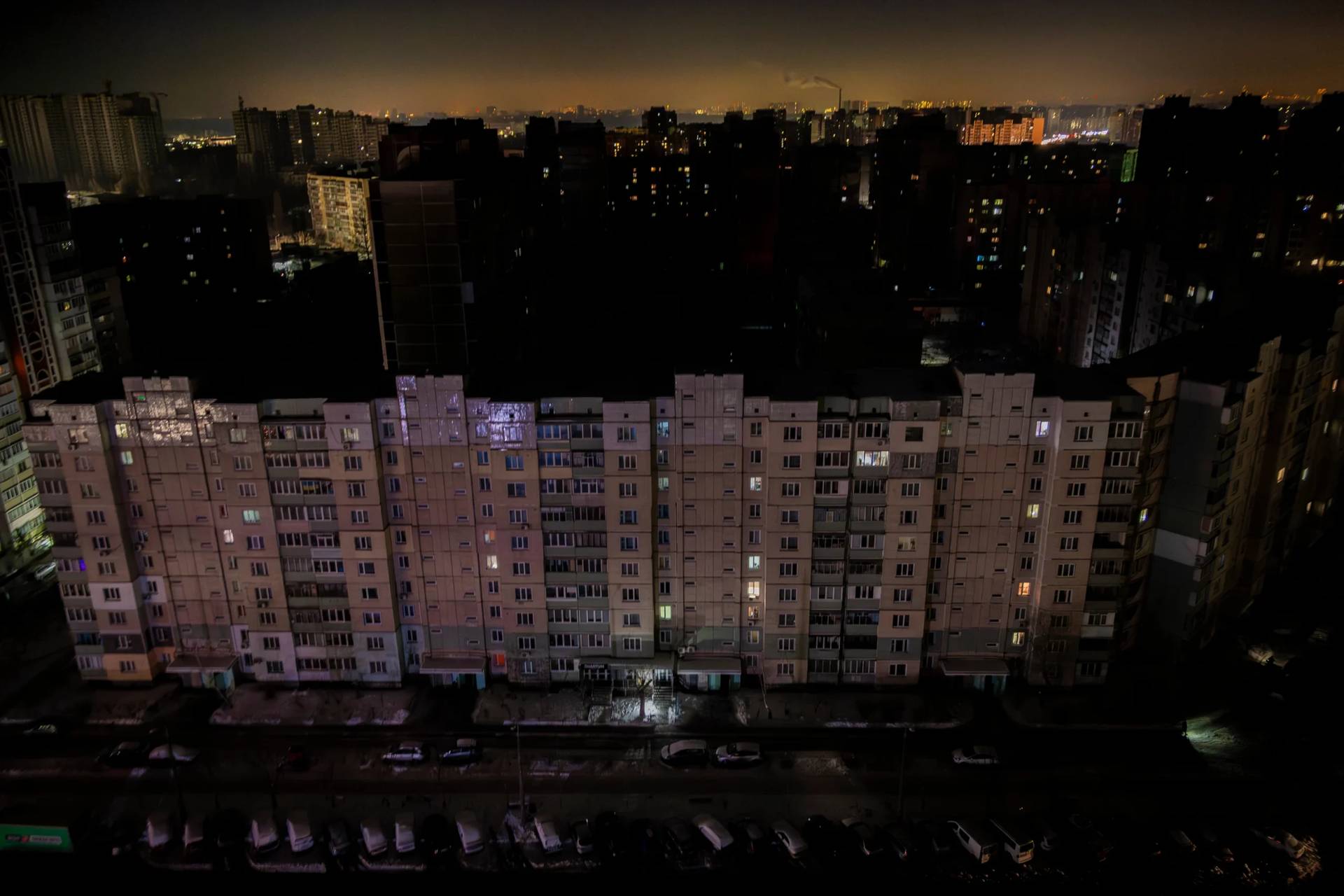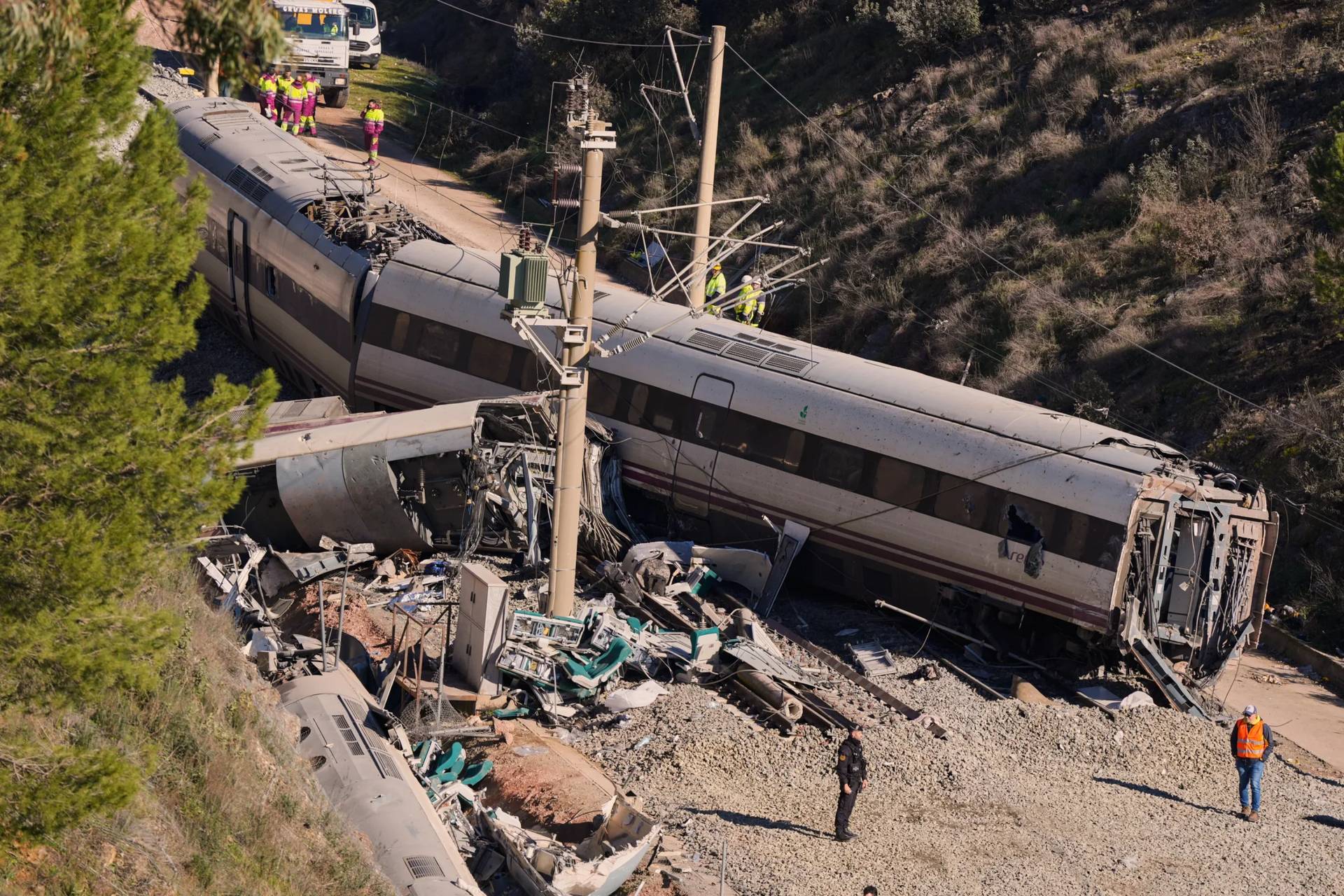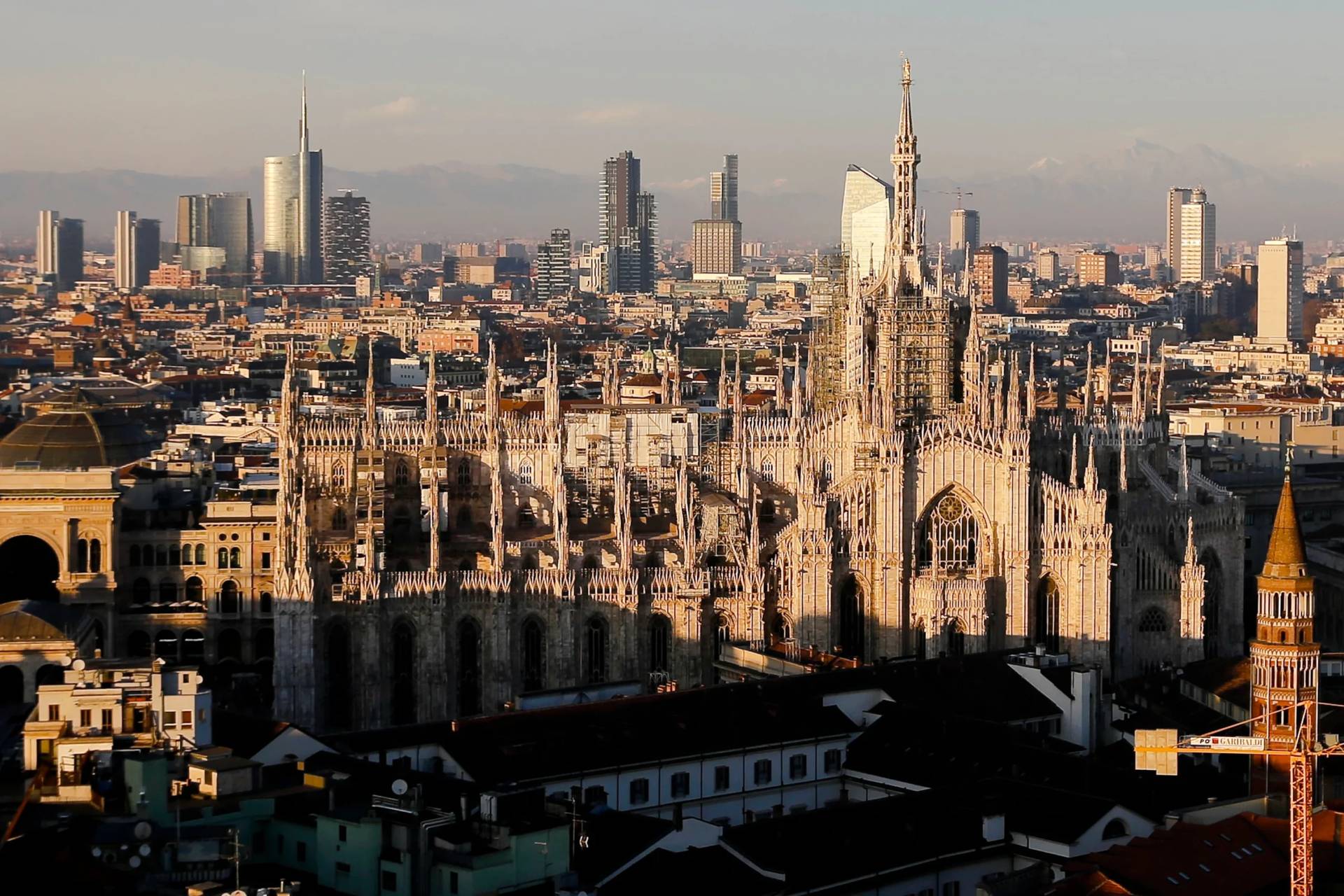ROME – Jesuit Father Franz Jalics, a Hungarian missionary who was kidnapped and tortured during Argentina’s last military dictatorship when the man who today is Pope Francis was the leader of the local Jesuit community, died Feb. 13 at the age of 94.
For several years, Jorge Mario Bergoglio, a young priest during Argentina’s military coup in the 1970s, was suspected of not having done enough to protect Jalics and Father Orlando Yorio, who was also kidnapped by the military.
Over 8,000 people- some claim the number to be as high as 30,000- were killed and disappeared by the military between the 1976-1983 military government. Jalics and Yorio went missing for five months in 1976. At the time, young Father Bergoglio was the provincial superior of the Society of Jesus in Argentina.
The detention of both priests led to strong accusations against Bergoglio, whom some human rights organizations accused of having “handed over” to the military junta the two Jesuit priests, who carried out social tasks in Buenos Aires shanty towns. These accusations took on international notoriety when the Argentine archbishop was elected pontiff in March 2013.
The priests were living in one of these slums, and rumors had spread claiming they had done so because they were members of the guerrilla that terrorized Argentina in the period leading to the bloody military coup.
Jalics, however, publicly absolved the new pope.
“These are the facts: Orlando Yorio and I were not denounced by Bergoglio,” Jalics said in a statement published on the website of the Jesuits in Germany, in March 2013. He specified that both priests were kidnapped for their connection to a catechist who had worked alongside them for a while and “later joined the guerrillas.”
He pointed out in the statement that they had lost connection with the catechist for nine months, but days after she was detained by the military, so were they.
Jalics had also acknowledged that for a time, he has his doubts regarding the role Bergoglio had played in his detention, but claimed that after several conversations, both with the pope and other Jesuits who held positions of power at the time, he concluded om the 1990s that those allegations were “unfounded.”
Yorio, however, died in 2000, and did so still wary of Bergoglio’s role in it all.
In Oct. 2013, months after his election to the pontificate, Francis invited Jalics to stay with him in Santa Marta, the residence within Vatican grounds where he lives, and the two celebrated Mass together. The meeting was private, and no further information was given by either the pope or the late priest.
Bergoglio was called to testify twice regarding the case of Yorio and Jalics in a process that concluded with men who’d worked at the illegal detention center where the priests were kept imprisoned. The then cardinal archbishop of Buenos Aires testified in the early 2000s that he had met twice with army leaders Jorge Videla and Emilio Massera to ask for the priests and ensure their safe release.
Though the role of Argentina’s Catholic hierarchy in the military coup has long been debated, with accusations of both silence and complicity from some bishops, over 120 Catholic leaders, including seminarians, priests and bishops were victims of the repression. One of those bishops, Enrique Angelelli, was declared blesse by Pope Francis.
After his election to the See of Peter, information came about of the more than 100 people who were persecuted during the military dictatorship that were saved thanks to a “clandestine network” ran by the young Jesuit provincial from the Colegio Maximo, as the Jesuit seminary of San Miguel is known. Italian journalist Nello Scavo told many of these stories in his book “Bergoglio’s List.”
Born on November 16, 1927, in Budapest, Jalics had settled in Germany where he ran a spiritual center after teaching dogmatic theology classes in Argentina and Chile. Before his kidnapping, he’d actually given lectures to Bergoglio.
He died in Budapest, after returning to Hungary in 2017.
Follow Inés San Martín on Twitter: @inesanma












